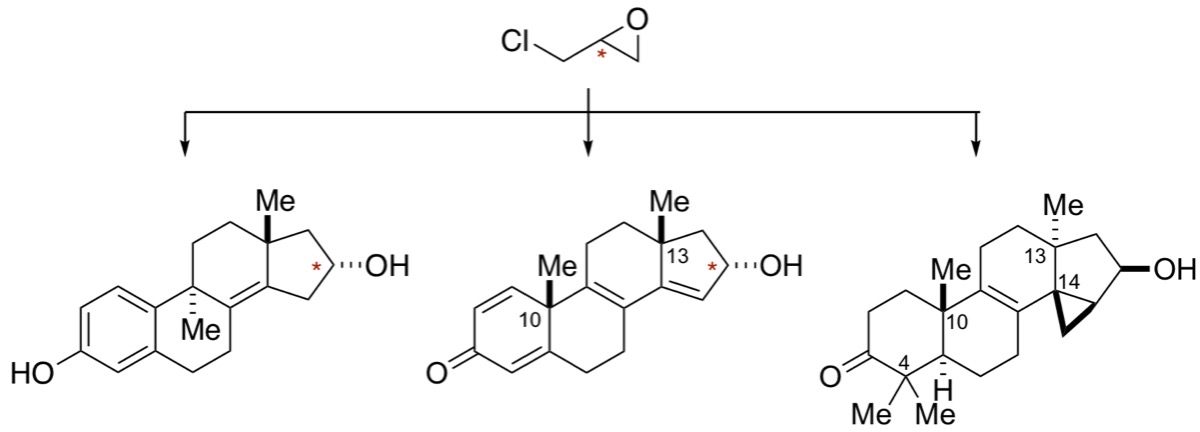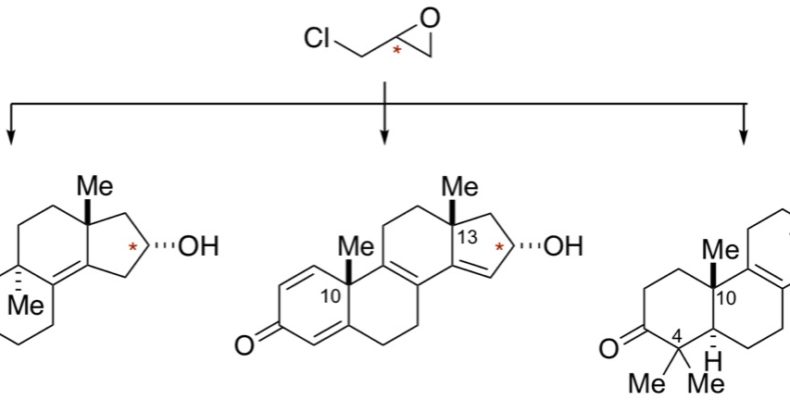A new type of drug discovery technique could potentially revolutionize the discovery of anti-cancer drugs. Researchers at Dartmouth College developed a method to design drugs that specifically target certain diseases, like cancer and neurodegeneration. In their study, they examined the effectiveness of several potential drugs using Glioblastoma cells.

In their research, “A synthesis strategy for tetracyclic terpenoids leads to agonists of ERβ,” they were able to develop drugs that specifically and strongly bind to estrogen receptors. The drugs also effectively targeted and killed Glioblastoma cancer cells. As written in the findings, “Despite this significant pharmaceutical success, there remain considerable limitations to broad medicinal exploitation of the class due to lingering scientific challenges associated with compound availability…. While efforts have been focused on establishing the chemical science, early investigations reveal that the emerging chemical technology can deliver compositions of matter that are potent and selective agonists of the estrogen receptor beta, and that are selectively cytotoxic in two different Glioblastoma cell lines (U251 and U87).”
The potential of this new technique is emphasized in the Dartmouth post, “Researchers Develop Breakthrough Process to Create Cancer-Killing Drugs.”
“Until now, there was nothing like this available for drug discovery and development. While additional development is expected to enhance the power of this new technology, I believe that we are at the beginning of establishing a truly enabling and potentially transformative technology for the pharmaceutical industry.”
From Glenn Micalizio, the New Hampshire Professor of Chemistry at Dartmouth
With respect to their findings with Glioblastomas, Arti Gaur, an assistance professor of neurology at Dartmouth’s Geisel School of Medicine: “Glioblastomas are incurable, and existing therapies have horrific side effects. It is extremely exciting and encouraging to see that these novel compounds can selectively kill patient-derived brain tumor cells without harming cells from normal, healthy brain tissue.”
The team at Dartmouth will continue to further develop chemicals with medicinal properties to emphasize the importance of organic chemistry in developing anti-cancer therapy.

